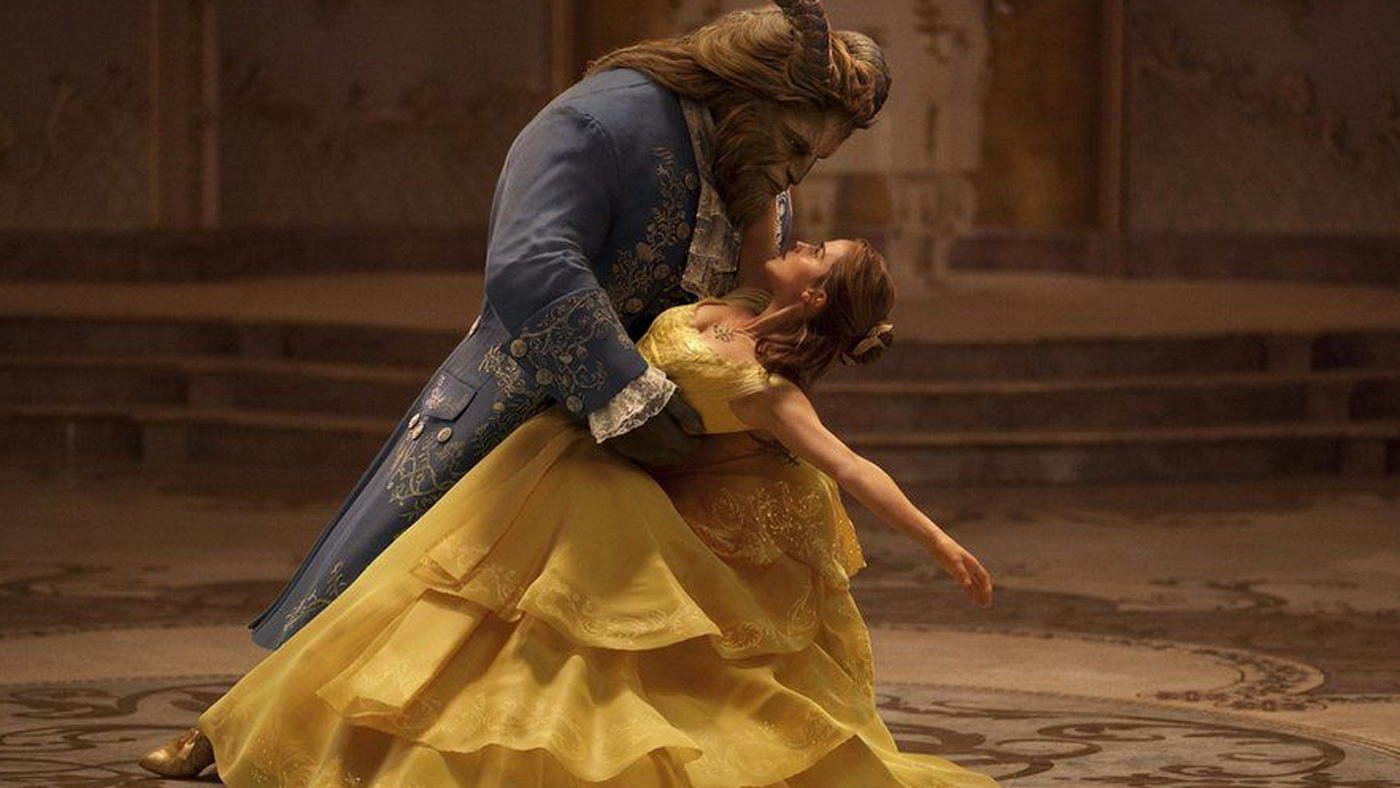Why a Russian MP is calling for a ban on Beauty and the Beast
United Russia politician Vitaly Milonov claims Disney's new film will spread gay 'propaganda' among minors

A free daily email with the biggest news stories of the day – and the best features from TheWeek.com
You are now subscribed
Your newsletter sign-up was successful
A Russian MP has called for a ban on Disney's new live-action Beauty and the Beast film, saying it will spread gay "propaganda" among young people.
Vitaly Milonov, a member of the governing United Russia party, has urged culture minister Vladimir Medinsky to check if the film, which features Disney's first openly gay character, complies with the law, reports the BBC.
He said: "In this situation, society cannot look on silently at what movie distributors are offering under the guise of a children's tale – the obvious, barefaced, unscrupulous propaganda of sin and perverted sexual relations."
The Week
Escape your echo chamber. Get the facts behind the news, plus analysis from multiple perspectives.

Sign up for The Week's Free Newsletters
From our morning news briefing to a weekly Good News Newsletter, get the best of The Week delivered directly to your inbox.
From our morning news briefing to a weekly Good News Newsletter, get the best of The Week delivered directly to your inbox.
Although homosexuality was decriminalised in Russia in 1993, distributing information about homosexuality to minors is illegal under legislation that describes gay and bisexual relationships as "non-traditional sexual relations".
Milonov, who once compared homosexuality to bestiality during an interview on BBC Radio 5, was a leading voice in implementing the 2013 law, which led to a rise in homophobic violence.
Medinsky said the ministry will consider the film and its relevant distribution paperwork in light of the legislation.
In an interview with Attitude magazine this month, director Bill Condon announced Beauty and the Beast would feature Disney's first "exclusively gay moment", as the character LeFou (Josh Gad) explores his feelings for his friend Gaston (Luke Evans).
A free daily email with the biggest news stories of the day – and the best features from TheWeek.com
The side plot was described as "a watershed moment for Disney" by the magazine's editor-in-chief Matt McCain.
He said: "By representing same-sex attraction in this short but explicitly gay scene, the studio is sending out a message that this is normal and natural – and this is a message that will be heard in every country of the world, even countries where it's still socially unacceptable or even illegal to be gay."
The film, which stars Emma Watson and Dan Stevens, is due for release in Russia on 16 March.
-
 Hong Kong jails democracy advocate Jimmy Lai
Hong Kong jails democracy advocate Jimmy LaiSpeed Read The former media tycoon was sentenced to 20 years in prison
-
 Japan’s Takaichi cements power with snap election win
Japan’s Takaichi cements power with snap election winSpeed Read President Donald Trump congratulated the conservative prime minister
-
 Seahawks trounce Patriots in Super Bowl LX
Seahawks trounce Patriots in Super Bowl LXSpeed Read The Seattle Seahawks won their second Super Bowl against the New England Patriots
-
 Epstein files topple law CEO, roil UK government
Epstein files topple law CEO, roil UK governmentSpeed Read Peter Mandelson, Britain’s former ambassador to the US, is caught up in the scandal
-
 Iran and US prepare to meet after skirmishes
Iran and US prepare to meet after skirmishesSpeed Read The incident comes amid heightened tensions in the Middle East
-
 Israel retrieves final hostage’s body from Gaza
Israel retrieves final hostage’s body from GazaSpeed Read The 24-year-old police officer was killed during the initial Hamas attack
-
 China’s Xi targets top general in growing purge
China’s Xi targets top general in growing purgeSpeed Read Zhang Youxia is being investigated over ‘grave violations’ of the law
-
 Panama and Canada are negotiating over a crucial copper mine
Panama and Canada are negotiating over a crucial copper mineIn the Spotlight Panama is set to make a final decision on the mine this summer
-
 Why Greenland’s natural resources are nearly impossible to mine
Why Greenland’s natural resources are nearly impossible to mineThe Explainer The country’s natural landscape makes the task extremely difficult
-
 Iran cuts internet as protests escalate
Iran cuts internet as protests escalateSpeed Reada Government buildings across the country have been set on fire
-
 US nabs ‘shadow’ tanker claimed by Russia
US nabs ‘shadow’ tanker claimed by RussiaSpeed Read The ship was one of two vessels seized by the US military